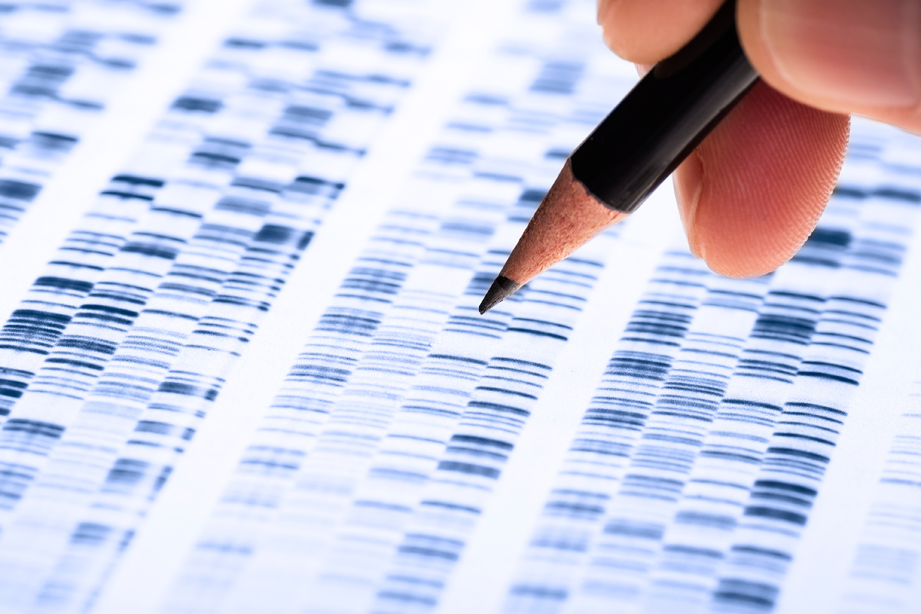Early Identification of Infants and Children with FASD
Project Category: Projects – Cycle III
July 8, 2022

Challenge
Identifying children who are at risk of FASD early on can be challenging. Often receiving a formal diagnosis requires confirmation of prenatal alcohol exposure, which isn’t always possible. The current FASD diagnostic assessment process also typically happens once a child is school-aged because existing tools lack the sensitivity to identify young children and infants.
Project Summary
This project looks to find a way to catch kids early so that interventions can be put in place sooner, and a time where they are more effective. The team is developing a genomic assessment tool to identify young children and infants who are at risk of developing FASD. The tool is based on epigenetics, which are changes to a gene as the result of environmental influences, such as prenatal alcohol exposure. The test would be a cheek swab to identify epigenetic signatures unique to people with FASD.
In the early stages of the project, an FASD-specific signature was identified in a cohort of more than 200 individuals—the most extensive investigation of prenatal alcohol exposure effects on the human epigenome to date. These findings are in the process of being validated so that the assessment tool can be as accurate and useful as possible. The team is in the process of recruiting 2,000 individuals to sample with the support of Indigenous communities in Manitoba and the Manitoba FASD Centre.
Looking Towards Cycle III
The team anticipates being able to utilize the FASD Code to implement early diagnosis in partner communities. Designed for replication and scalability at the community, provincial or national level, FASD Code will begin paving the way for robust, personalized and cost-effective identification of prenatal alcohol exposure and FASD for any individual, prioritizing at-risk, but not-yet-symptomatic infants and children. The project also involves determining how to implement the genomic assessment tool in a way that is adaptable to local communities.
Funding
Kids Brain Health Network – $600,000.00
Cree Nation Tribal Health Centre – $432,000.00
Manitoba Liquor & Lotteries – $1,350,000.00
Team
Principal Investigators
Geoff Hicks, University of Manitoba
Brenda Elias, University of Manitoba
Paul Pavlidis, University of British Columbia
Co-Investigators
Garry Munro, Cree Nation Tribal Health Centre
Collaborators
Michael Kobor, University of British Columbia
Ana Hanlon-Dearman, Manitoba FASD Centre
Pingzhao Hu, University of Manitoba
Partners
Manitoba FASD Centre
Cree Nation Tribal Health Centre
Manitoba Liquor and Lotteries